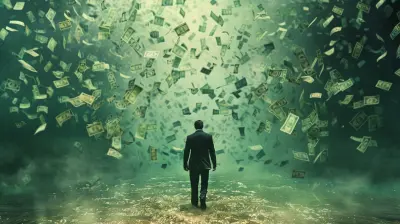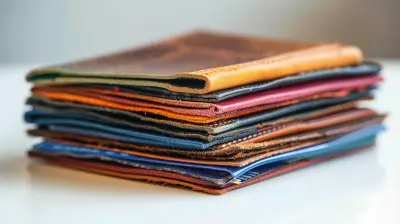Steps to Take When You Have No Credit History
23 July 2025
Building credit from scratch is kind of like starting a fitness journey. At first, it feels a bit overwhelming—you don't know where to begin, what tools to use, or just how long it’ll take to see results. But here's the good news: everyone starts somewhere, and with the right steps, you can go from having no credit to building a score lenders will trust.
Let’s break this down in a simple and relatable way so you can take your first steps with confidence. Ready?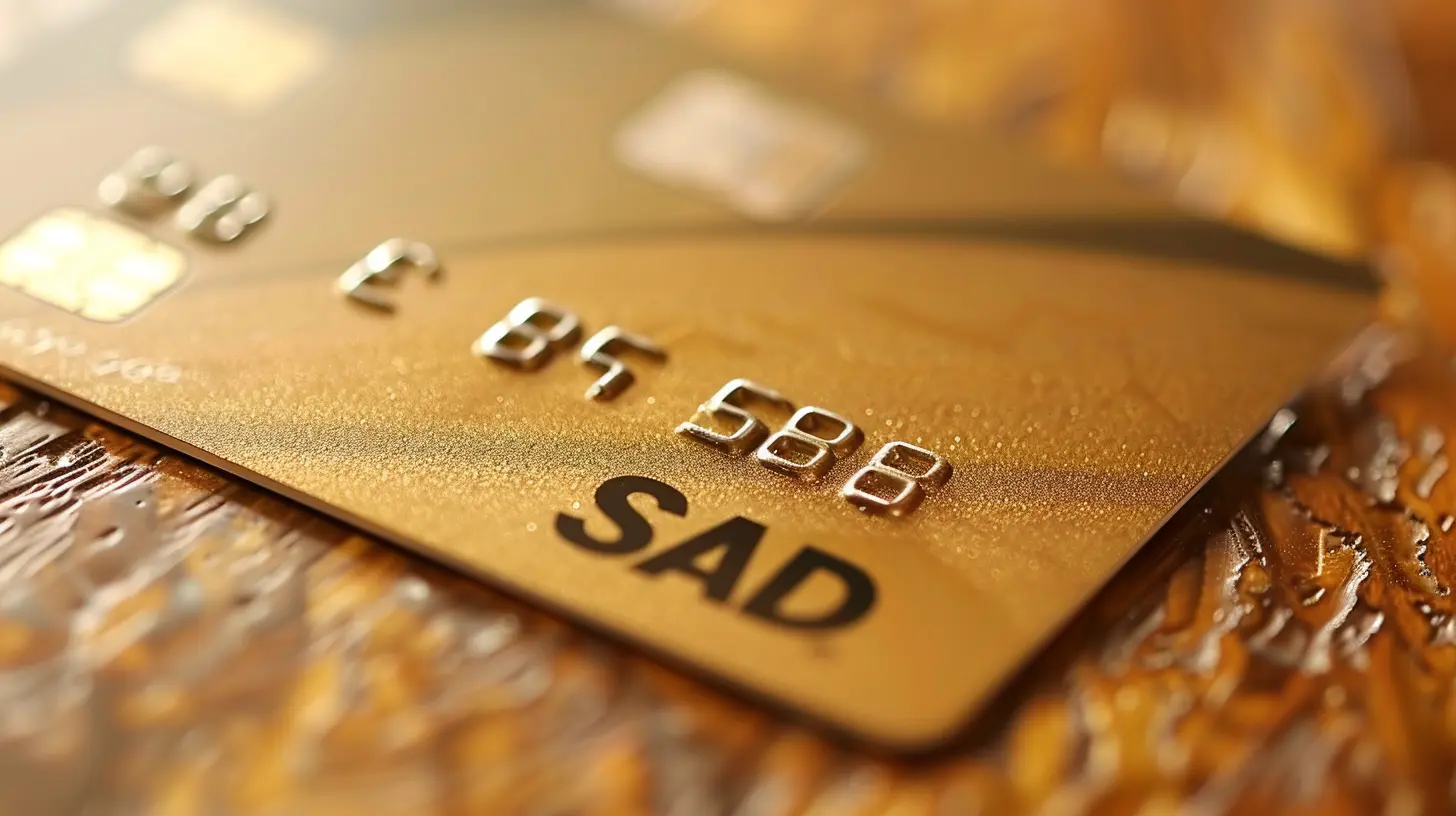
Why Credit History Even Matters
Before we dive into the "how", let’s talk about the "why".Your credit history is like your financial reputation. It tells banks, landlords, and even some employers how reliable you are with money. If you've never had a loan or credit card, you basically don’t have a reputation—good or bad. This makes lenders nervous because they have nothing to judge you on (even if you're super responsible).
Having no credit isn't the same as bad credit, but it can still hold you back. No history = no proof.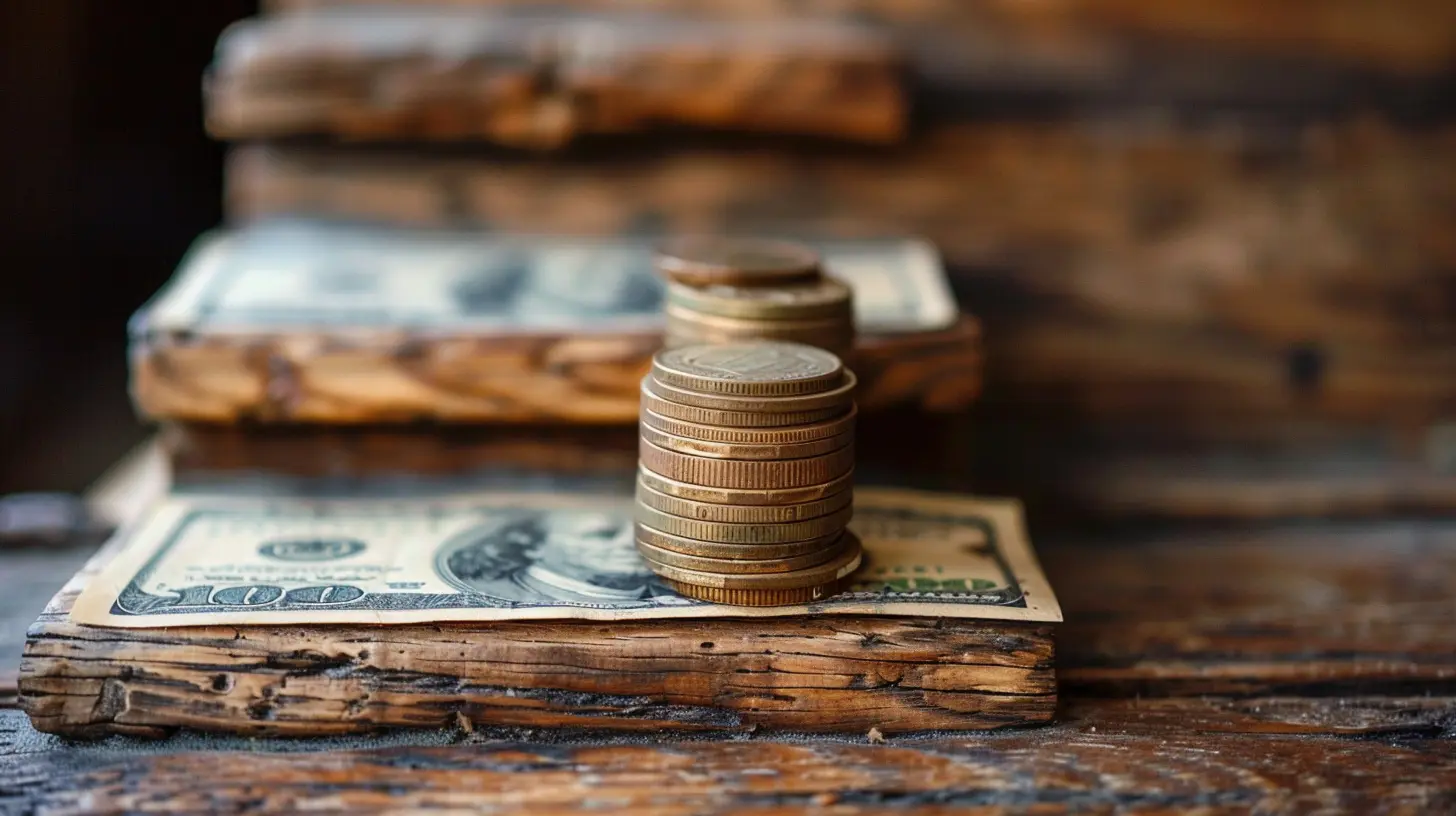
1. Check If You Really Have No Credit
Strange as it sounds, some folks think they have no credit when they actually do. Maybe you were an authorized user on your parents' credit card or had a student loan that hasn't appeared on your radar yet.Take a minute to check your credit report. You can get a free one from all three major bureaus (Equifax, Experian, TransUnion) at AnnualCreditReport.com.
If it’s completely empty—well, now you know for sure.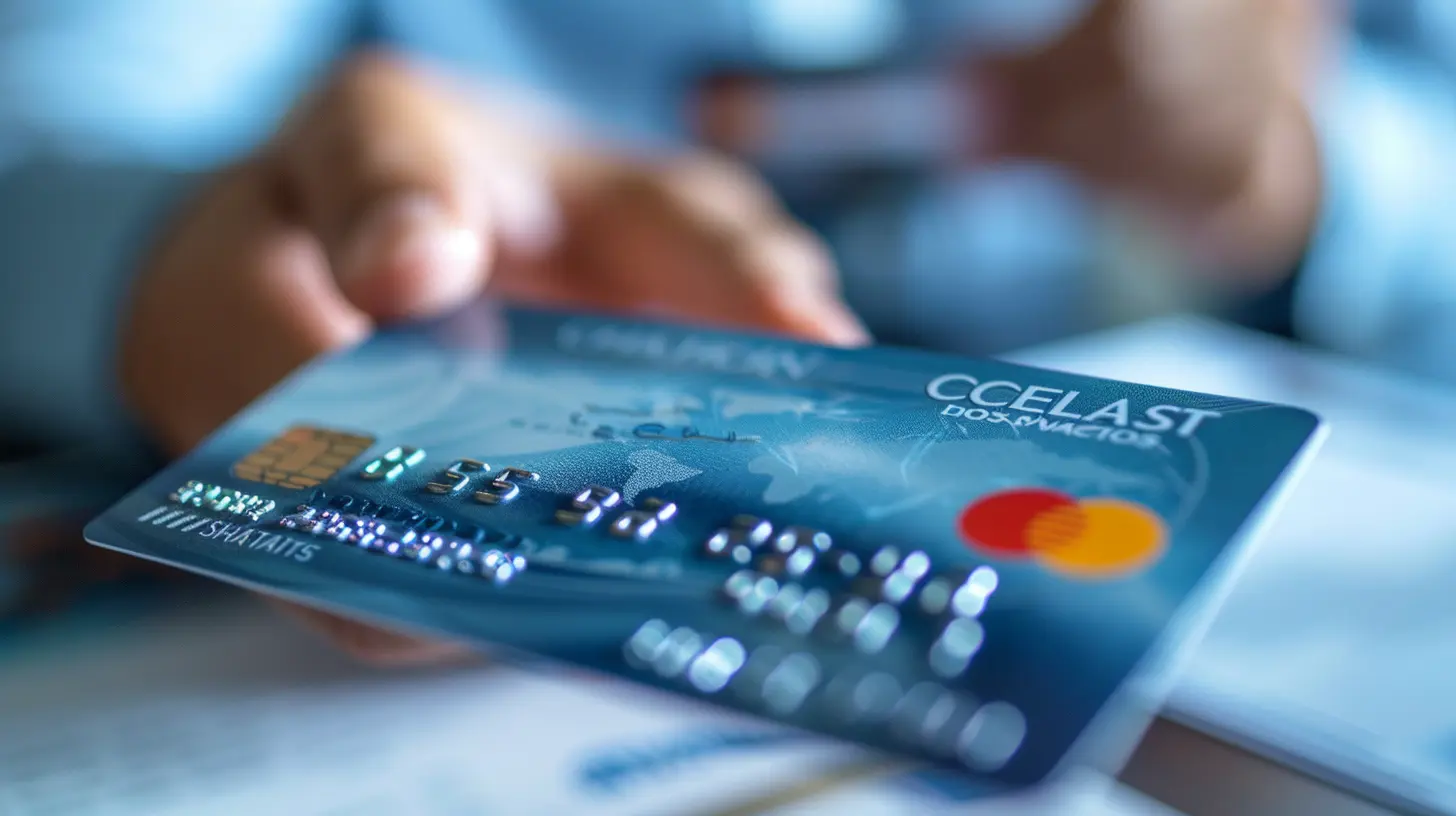
2. Open a Secured Credit Card
This is the OG credit-builder tool. A secured credit card works just like a regular credit card, except you put down a deposit (usually $200-$500) as collateral. That deposit becomes your credit limit.Use it for small purchases and pay it off in full every month. This starts to build your credit history and shows lenders you're responsible.
Think of it as training wheels for your financial bike.
🔑 Pro Tip: Don’t max it out. Try to use no more than 30% of your credit limit. If your limit is $300, stay under $90.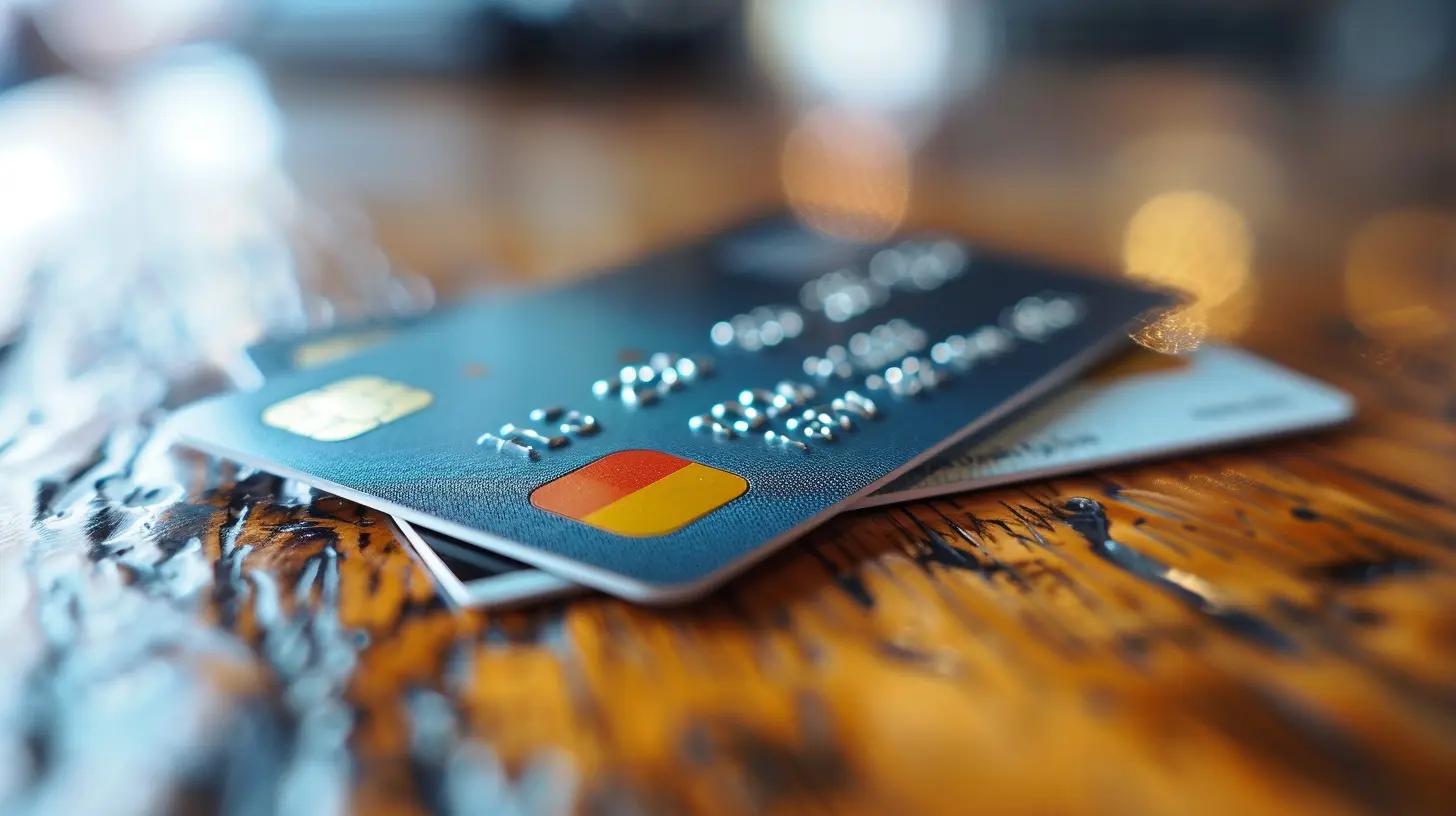
3. Become an Authorized User
This is a hidden gem. Ask a parent, sibling, partner, or friend with good credit to add you as an authorized user on their credit card.You don’t even have to use the card—just being added can help boost your score because their good payment history gets added to your report.
Just make sure they use the card wisely, or it could actually hurt you. Choose someone financially responsible—this is one time when peer pressure isn't a bad thing.
4. Apply for a Credit-Builder Loan
The name says it all. Credit-builder loans are small loans (typically $300–$1,000) offered by community banks or credit unions.Here’s how it works: you “borrow” the money, but the bank holds onto it in a savings account. You make monthly payments, and once the loan is paid off, you get the money.
It’s like putting your financial discipline on display. Plus, it helps you build both savings and credit history at the same time. Two birds, one stone.
5. Use a Rent Reporting Service
If you’re paying rent every month, why not get credit for it?Most landlords don’t report your monthly payments to the credit bureaus—but rent reporting services can do it for you. Some popular options include:
- RentTrack
- RentReporters
- Experian RentBureau
You might have to pay a small fee, but it’s worth it if you’re trying to build credit without taking on new debt.
It’s like turning your everyday bills into credit-building tools. Pretty slick, right?
6. Utilities and Phone Bills Can Help, Too
Services like Experian Boost let you report your utility and phone payments to help build your Experian credit file. It’s free and can sometimes give your score a nice little bump.Again—this only works with accounts in your name and only shows up on one credit bureau (Experian), but every bit counts when you're starting from zero.
It’s taking stuff you’re already doing (paying your bills) and turning it into credit gold.
7. Keep Your Accounts Open and Active
When you're just getting started, you might be tempted to close your first credit card once you’ve “moved on” to better ones—but don’t. One of the key factors in your credit score is the length of your credit history.The longer an account stays open (and in good standing), the more it helps your score grow.
It’s kind of like planting a tree. The longer it stands, the more shade (aka benefits) it gives you.
8. Pay Everything on Time—No Exceptions
This is the biggest one. It’s not flashy, it’s not complicated—but it’s the most powerful thing you can do. Payment history makes up 35% of your credit score.One missed payment can set you back big time. So set reminders, automate your payments, use calendar alerts—whatever it takes.
Being late on a payment is like showing up late to work every day. Eventually, it starts affecting your reputation.
9. Monitor Your Progress
Once you start putting in the work, you’ll want to track your results.Check your credit score regularly using free tools like:
- Credit Karma
- Credit Sesame
- Your bank’s app (many offer free credit score tracking)
Watching your score rise can be super motivating. It’s like seeing the number on the scale go down when you're on a fitness kick. Totally worth it.
10. Don’t Rush Into Too Much Credit
One mistake a lot of people make is opening multiple accounts too quickly. Every time you apply for credit, a hard inquiry goes on your report—and too many of those can hurt your score.Take it slow. Like dating, you don’t want to jump into five relationships at once. Get one account, manage it well, and then build from there.
11. Say No to Co-Signing (At First)
When you’re building your own credit, you’ll probably be asked to help someone else by co-signing a loan or credit card.As generous as you may feel, just say “not yet.” When you co-sign, you’re equally responsible for the debt, and if the other person messes up, your credit takes the hit.
Focus on building your own foundation first.
12. Celebrate Milestones (But Stay Focused)
Your first credit score. That first credit limit increase. Getting approved for your first real credit card. These are big wins, and you should be proud!But don’t let success go to your head. Keep doing the basics: pay on time, keep utilization low, and avoid unnecessary debt.
Think of this journey as a marathon, not a sprint.
Final Thoughts
Starting with no credit isn’t the end of the world—it’s actually a perfect place to begin your financial life with good habits. Think of it like having a blank canvas. You get to paint your financial picture from scratch, and you’re in full control of what you create.With patience, consistency, and a few smart moves, you'll go from “no file” to “credit rockstar” before you know it.
FAQs
How long does it take to build credit from scratch?
Usually, you can start seeing a credit score after about 3–6 months of activity. Building a solid score (700+) can take a bit longer—6 months to a year if you stay consistent.Can I get a credit card with no credit history?
Yes! Start with a secured credit card or look into cards designed for students or beginners. Just make sure it reports to all three bureaus.Do student loans count toward credit history?
They do! Even if you’re in deferment, they’ve already helped establish your history (assuming they’ve been reported).all images in this post were generated using AI tools
Category:
Credit ScoreAuthor:

Zavier Larsen
Discussion
rate this article
1 comments
Axel McClain
Great tips on building credit from scratch! I particularly liked the emphasis on secured credit cards and becoming an authorized user. These steps can significantly boost your credit profile over time. Consistency and patience are key—start small and stay committed!
August 2, 2025 at 3:45 AM

Zavier Larsen
Thank you for your feedback! I'm glad you found the tips helpful—consistency and patience really are essential in building a solid credit profile.
